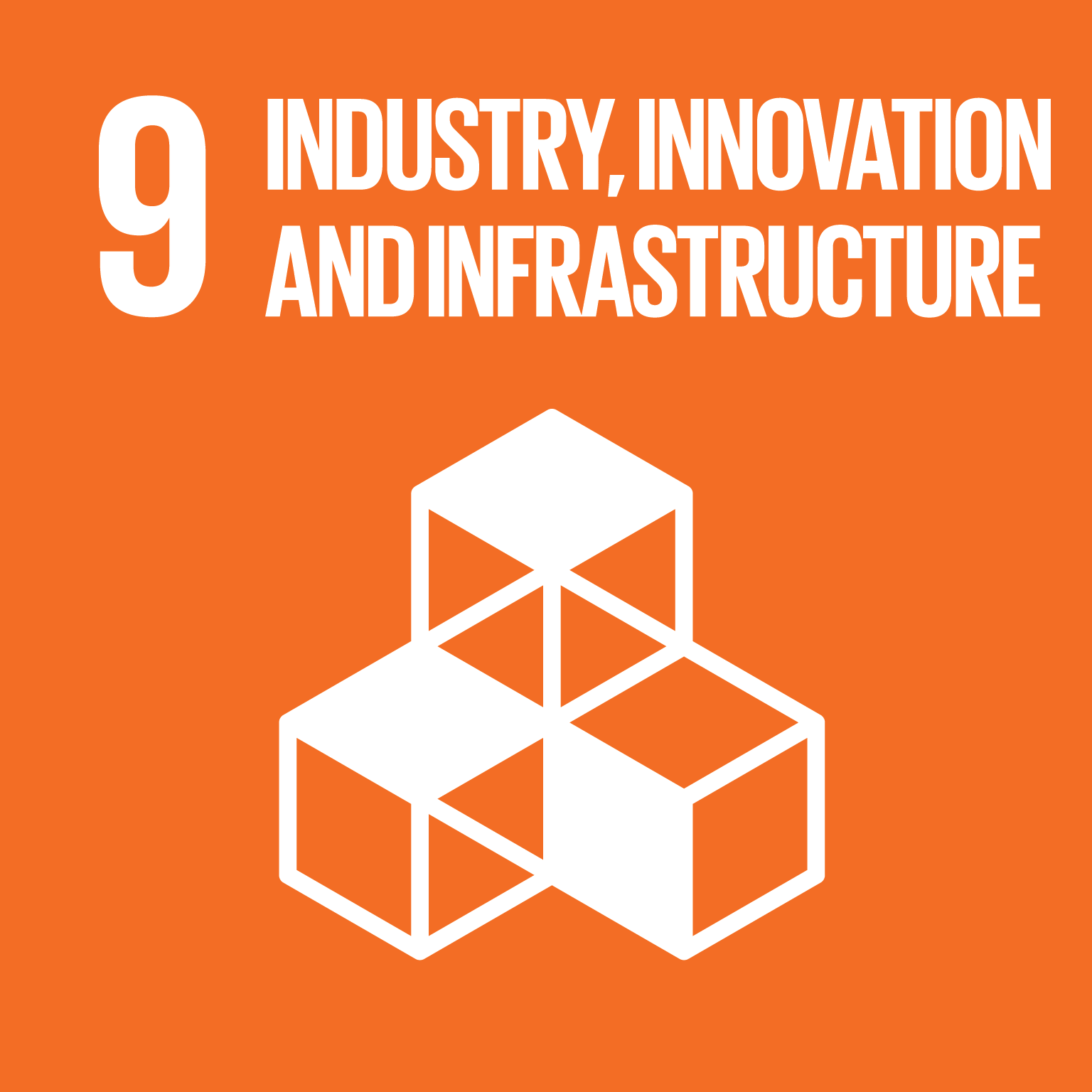 Mozambique-China Post Disaster Restoration after Cyclone Idai
Restoration for building back better
Mozambique-China Post Disaster Restoration after Cyclone Idai
Restoration for building back better

Challenges
On 14 March 2019, Intense Tropical Cyclone Idai, equivalent to a category 4 hurricane, struck provinces in Mozambique violently with tempestuous gales and heavy downpours, causing widespread destruction to houses, communities and livelihoods. According to a Socio-Economic Impact Assessment (SEIA) by the United Nations Development Programme (UNDP), 65 per cent of the buildings in Beira City, Sofala Province were destroyed, and over 103 out of 235 schools were affected. The loss caused by Idai is estimated to be over $1.4 billion in total. In addition to the damage to infrastructure and the disruption to people’s livelihoods, the pre-existing vulnerabilities of the affected areas, including poverty, social inequality and frequent epidemics, brought even more challenges to the post-disaster recovery.
Towards a Solution
Since 2019, UNDP has been working with the Government of China and the Government of Mozambique at the national and local levels to enhance the resilient recovery efforts for the affected population in Sofala Province through South-South Cooperation. With strong support from China’s South-South Cooperation Assistance Fund (SSCAF), the Mozambique-China Post Disaster Restoration Initiative after the impact of Cyclone Idai focuses on the rehabilitation of community infrastructure, including schools and markets, as well as the construction of new housing units for the most affected households. The initiative has contributed to SDG 9 (Industry, Innovation and Infrastructure) and SDG 4 (Quality Education). It has also contributed to IPoA priority areas 5 (Human and social development) and 6 (Multiple crises and other emerging challenges).
For the purpose of effective intervention, a comprehensive methodology was applied during the project implementation. UNDP first conducted the Socio-Economic Impact Assessment (SEIA) to evaluate the impact of Cyclone Idai on different socio-economic sectors, institutions and households. Based on the results of the assessment and a uniform set of criteria, the most vulnerable households and infrastructure were selected, including eight schools, three markets and 17 households. Once selected, all of these buildings started the process of construction with Building Back Better (BBB) standards and climate-resilient construction methods, so as to reduce the vulnerability of target groups to future climate-related extreme weather events. To ensure active and inclusive involvement of local communities, a significant amount of work was conducted with local resources, including local contractors. A gender lens was also employed to ensure the participation of female local contractors, and that the specific needs of girls in schools and women beneficiaries would be met.
Following continuous efforts by implementation agencies and project partners, the resilient refurbishment of eight schools, three markets and 17 new housing units is currently at the final stage. By the end of the project, when all the resilient construction is completed, an estimated 25,483 beneficiaries will have been reached in total. This joint response between UNDP, the Government of China and the Government of Mozambique through South-South Cooperation has served as a strong model of cooperative assistance after the cyclone emergency.
A critical element to the success of the initiative is the close collaboration between partners from both China and Mozambique throughout the project. With strong support from the UNDP China office in coordination and monitoring, close liaison between the Government of China and the UNDP Mozambique office has been established to ensure the effective implementation of the project. Also, as the executing agent of the project, UNDP Mozambique manages and monitors the progress of the project, and works collaboratively with the Cabinet for Post-Cyclone Reconstruction (GREPOC), the Ministry of Foreign Affairs and Cooperation, the National Disaster Management Institute (INGC), the Ministry of Education and Human Development and other key government entities in Mozambique. Through this cooperation mechanism, timely coordination is ensured on project progress and challenges encountered.
The project is an example of good practice that is sustainable and replicable. Given that Mozambique is not the only country hit by recurrent cyclones, two other post-disaster recovery projects, also supported by China’s South-South Cooperation Assistance Fund, are also currently under implementation in Zimbabwe and Malawi. In order to co-share the experience on resilient recovery among three countries, UNDP facilitates periodic communication and promotes mutual learning among the relevant countries. Not only are videos, photographs, press releases, and beneficiary stories on the project’s progress disseminated through social media and other media channels, but also meetings are regularly held to conclude and share the experience of overcoming post-disaster recovery challenges.
Contact Information
Countries involved
Supported by
Implementing Entities
Project Status
Project Period
URL of the practice
Primary SDG
Secondary SDGs
Similar Solutions
| NAME OF SOLUTION | Countries | SDG | Project Status | |
|---|---|---|---|---|
Accelerating the Transformational Shift to a Low-Carbon Economy in Mauritius Towards supplying 35 percent of the country’s energy needs with renewables by 2025 |
China, Mozambique | 05 - Gender Equality 09 - Industry, Innovation and Infrastructure 13 - Climate Action | Ongoing | View Details |
Accelerator Labs Network Following collective intelligence methods to address emerging sustainability challenges and the growing demand for local solutions |
China, Mozambique | 08 - Decent Work and Economic Growth 13 - Climate Action | Ongoing | View Details |
Accessibility of Financial Services and the Private Sector in Africa Maximizing the impact of financial cooperation on economic development and industrialization in Africa |
China, Mozambique | 08 - Decent Work and Economic Growth | Completed | View Details |
Accessible Dictionary Inclusive Dictionary for all |
China, Mozambique | 09 - Industry, Innovation and Infrastructure | Completed | View Details |
Adaptation of 3PA to Urban and Displacement Settings Using South-South and Triangular Cooperation in World Food Programme Three-Pronged Approach capacity strengthening through cross-learning initiatives |
China, Mozambique | 02 - Zero Hunger | Completed | View Details |